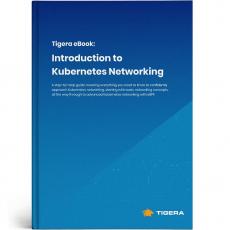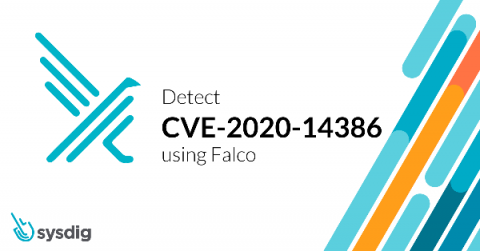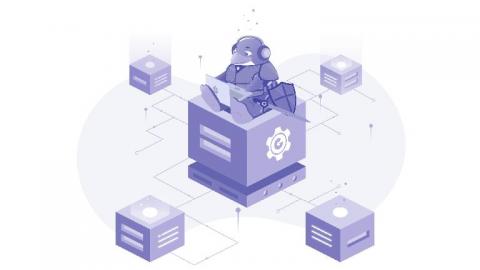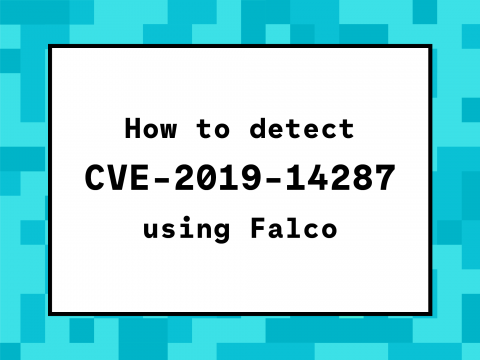What is eBPF and How Does it Work?
About a year ago, a friend of mine decided to build an EVM (Ethereum Virtual Machine) assembler in Rust. After some prodding from him, I began to help by writing unit tests. At the time, I knew very little about operating systems and started to read about lexical and symbolical analyzers. I was quickly in way over my head. What I did retain, however, was a newfound appreciation for the OS as a whole. So, when he started raving about eBPF, I knew I was in for a treat.











